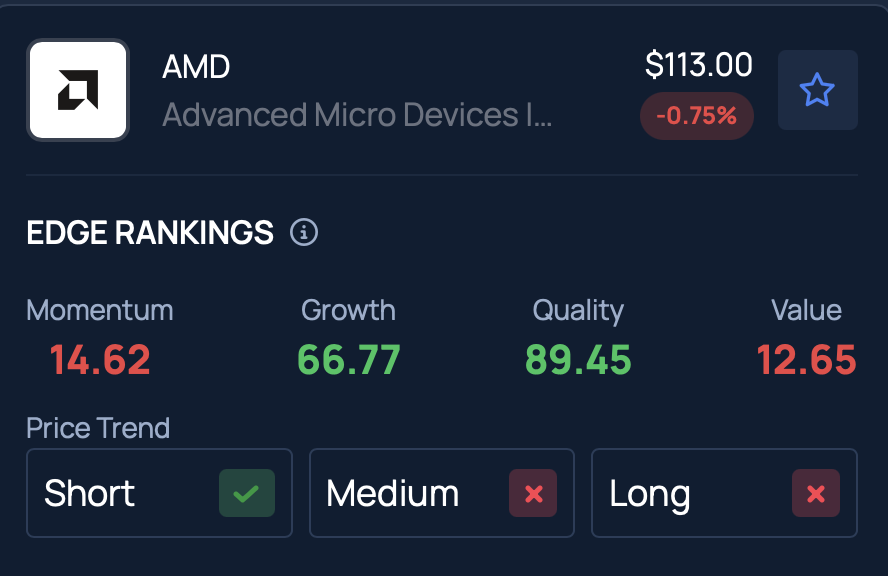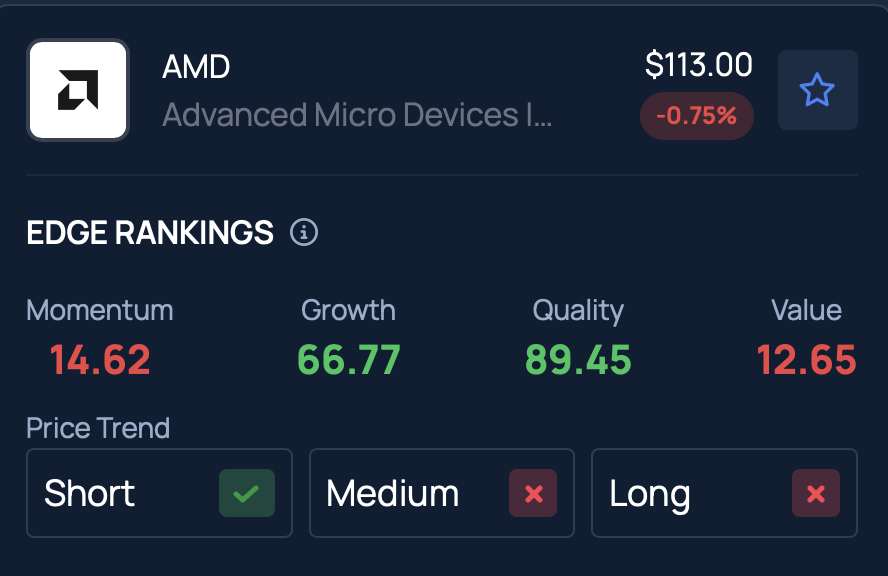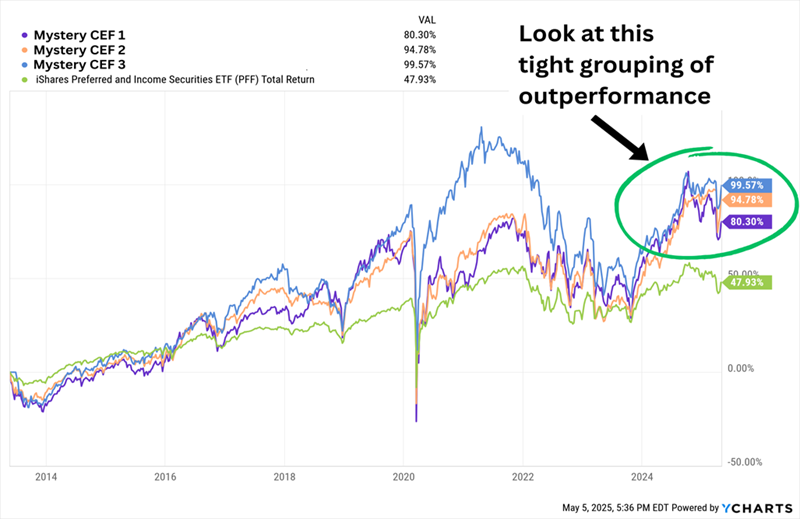AMD’s CEO Discusses Future Innovations Amid Silicon Challenges
As the chip industry grapples with limitations of traditional silicon, Advanced Micro Devices Inc. AMD CEO Lisa Su asserts that innovation must be reimagined to move forward.
Insights on AI and Semiconductor Evolution
In a recent discussion with ASUS’s Tony Yu, shared on Bilbili, Su addressed various topics, including artificial intelligence (AI), the semiconductor landscape, and the development of Strix Halo.
When asked about the rising global impact of China’s DeepSeek, Su recognized its significance. “DeepSeek is not just popular in China — it’s popular globally,” she remarked. “It’s a very innovative model… the idea that, with limited computing resources, you can accomplish something so sophisticated… surprised the world.” Su noted that many innovations introduced by DeepSeek are already influencing other AI platforms, highlighting that this competition pushes for a faster pace of overall innovation.
Hardware Developments and Their Implications
Switching focus to hardware, Su conceded that advancements in traditional silicon manufacturing face challenges. “It is true that silicon scaling is getting more difficult,” she commented.
Nonetheless, AMD is proactively investing in next-generation technologies, emphasizing chiplet architecture, 3D stacking, and advanced packaging solutions. “We have to continue to optimize not just on silicon but on the package, system, and software,” Su elaborated.
She further commented on the future of gaming PCs, asserting that their powerful GPUs enable functionality beyond gaming. “Gamers have always pushed the envelope on performance,” Su explained. “Your gaming PC can now have multiple uses — doing gaming, doing AI — and that’s a huge opportunity.”
Subscribe to the Benzinga Tech Trends newsletter for the latest technology developments delivered directly to your inbox.
AMD’s Financial Performance and AI Aspirations
Recently, AMD reported fourth-quarter revenue of $7.66 billion, surpassing anticipated figures of $7.53 billion, with an adjusted EPS of $1.09, slightly ahead of the expected $1.08.
Total revenue rose by 12% year-over-year, buoyed by a 69% increase in Data Center revenue, reaching $3.9 billion. However, this fell short of analyst expectations of $4.14 billion.
Su has made clear her ambitions for AMD in the AI sector, predicting substantial growth in AI GPU sales this year. AMD expects over 60% growth in AI GPU revenue by 2025, attributed to the scaling of its MI350 accelerator platform.
Looking further ahead, the introduction of the MI400 platform is anticipated in 2026. This platform aims to compete with Nvidia Corporation’s NVDA Rubin-class computing solutions, designed to support extensive AI networks comprising over 100,000 GPUs.
Market Response
Price Action: In after-hours trading, AMD’s stock rose 0.12% to $114.95, following a 0.84% gain in Tuesday’s regular trading session, where it closed at $114.81, according to Benzinga Pro data.
As per Benzinga’s Edge Rankings, AMD boasts a growth rating of 66.77%. For comparisons to Nvidia’s performance, click here.

Explore more of Benzinga’s Consumer Tech coverage by following this link.
Photo by jamesonwu1972 via Shutterstock
Next Steps
Disclaimer:This content was partially produced with the help of Benzinga Neuro and was reviewed and published by Benzinga editors.
Momentum14.62
Growth66.77
Quality89.45
Value12.65
Market News and Data brought to you by Benzinga APIs




